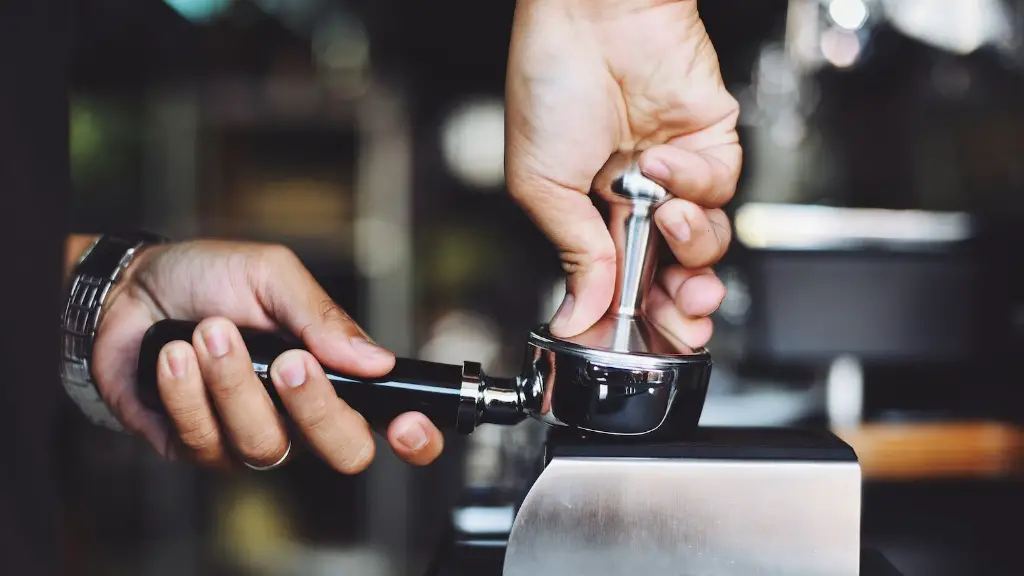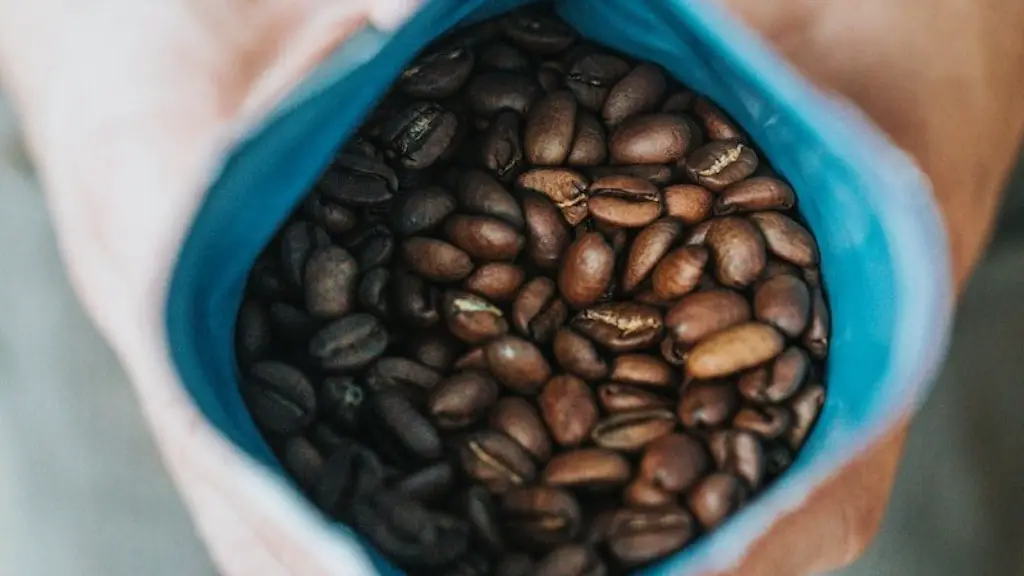Physical Effects
Due to the stimulating effects of caffeine, coffee is known to temporarily increase the heart rate, and for some people it can lead to a mild boost in anxiety and the fight-or-flight response. This is often because those with anxiety may be more sensitive to the effects of caffeine, or because they’re drinking it in the hopes that it will improve their anxiety, but find it makes them worse instead.
Coffee also has effects beyond its caffeine content that can cause an increase in episodes of anxiety and nervousness. The acidic content of coffee can lead to an increase in stomach acid, indigestion, ulcers, and other digestive issues. If left untreated, this can lead to further physical effects that can make anxiety worse.
Psychological Effects
The physiological effects of coffee can lead to psychological effects that increase anxiety. One of the main triggers for anxiety is an excess of stress. Caffeine can lead to increased stress hormones and substances like cortisol, which can further exacerbate anxiety in those who are already prone to it.
A dependence on coffee can also increase anxiety. If coffee is consumed in excess, there can be withdrawal symptoms, including headaches, fatigue, and other mental health issues that can make episodes of anxiety more likely.
Psychopharmacology Effects
The effects of coffee on anxiety don’t just stem from physiological and psychological impacts, but psychopharmacological ones too. There are numerous pharmaceutical drugs that interact with coffee, and some of them can lead to increased feelings of anxiety or nervousness.
Drugs such as amphetamines, certain types of antidepressants, and SSRIs are known to have adverse reactions with coffee, so if you’re taking any of these medications it’s best to speak to a doctor before continuing to drink coffee.
Coffee Alternatives
If someone is worried that the effects of coffee may be adversely affecting their anxiety, there are various alternatives. Decaf coffee is an option, but it still contains some residual caffeine so it may not be the best choice.
Herbal teas such as chamomile and peppermint are caffeine-free and can have calming effects. Alternatively, natural fruit juices are also caffeine-free and can provide a refreshing, energising boost without the stimulant effects of coffee.
Incorporating Foods
Certain foods can also help ease anxiety and the effects of caffeine from coffee. Foods high in fiber, such as oats, brown rice, and apples, can help reduce caffeine absorption.
Magnesium-rich foods, such as spinach and avocado, can help normalize cortisol levels and other hormones that can contribute to anxiety. And, foods high in B vitamins, such as eggs and kale, can help boost energy and alertness while also reducing feelings of stress and anxiety.
The Role of Exercise
Exercise has been recognised as an effective way to reduce anxiety, and studies suggest that it can be even more effective when combined with a healthy diet. Intense aerobic exercise, such as running, swimming, or biking, can help reduce stress hormones and lower levels of anxiety.
Moreover, if someone is reducing their coffee intake in order to manage anxiety, exercise can help reduce any withdrawal symptoms. Getting at least 30 minutes of exercise each day can make the transition easier and help maintain the positive effects on mental health.
The Link Between Caffeine and Anxiety
While the link between caffeine and anxiety is not something that has been conclusively established, there is evidence to suggest that there is a connection. Caffeine increases alertness, energy, and focus, which can exacerbate feelings of stress and anxiety in those who are already susceptible to it.
Additionally, the long-term consumption of caffeine can lead to withdrawal symptoms that can further contribute to episodes of anxiety, such as headaches and nausea. As such, those with anxiety should be extra mindful of the amount of coffee they are consuming and look for solutions such as healthier alternatives or incorporating foods that can reduce anxiety.
Environmental Factors
It is important to consider environmental factors when it comes to the link between coffee and anxiety. Anxiety can be caused by environmental stressors such as noise, light, and temperature, so it is important to consider the setting in which coffee is consumed.
Drinking coffee in a crowded or noisy environment, or in front of a bright computer screen, can worsen feelings of anxiety by adding to the stress. As such, changing the environment when drinking coffee can lead to a more positive experience.
Psychotherapy Solutions
If someone finds that coffee is causing them to experience more frequent or intense episodes of anxiety, psychotherapy may be a good solution. Cognitive-behavioral therapy (CBT) and exposure therapy are two types of psychotherapy that can be helpful in treating anxiety.
CBT focusses on identifying and changing problematic thoughts, while exposure therapy focusses on gradually exposing someone to the situations or things that cause their anxiety. Both can be beneficial when it comes to managing the effects of coffee on anxiety.
Conclusion
Overall, coffee does have potential to cause increases in anxiety, especially for those who are already predisposed to it. While coffee does have an energising effect, long-term consumption can lead to dependency, withdrawal symptoms, and heightened feelings of stress and anxiety.
But, it is also possible to drink coffee responsibly. Making healthy dietary and lifestyle choices, such as avoiding caffeine late at night and choosing decaffeinated alternatives, and incorporating foods and exercise, can help reduce the negative effects of coffee on anxiety. Additionally, seeking professional help from therapists can be a beneficial option for those who are experiencing anxiety symptoms.


